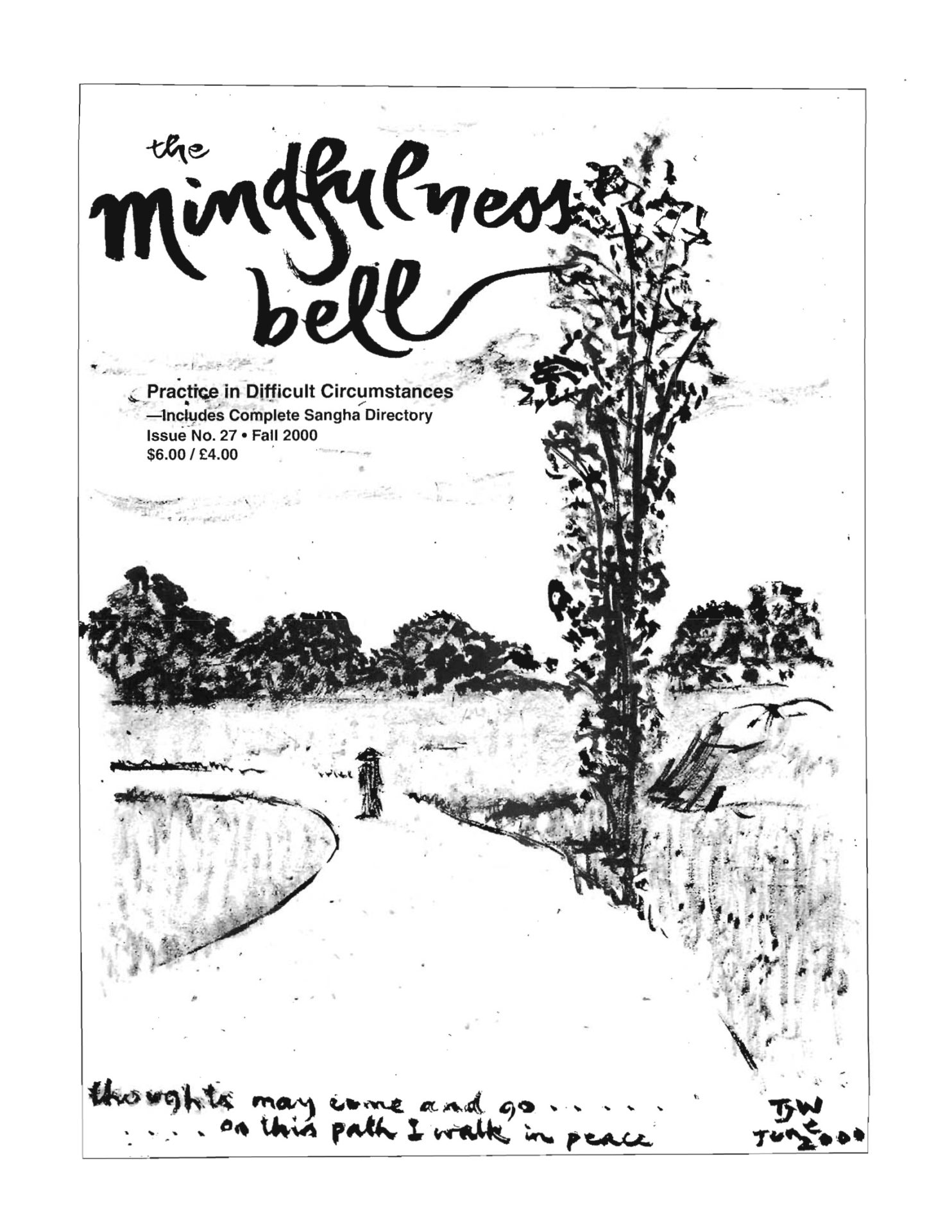By Mathilde Pieneman
One morning I was walking with Peter, a thirteen-year-old boy when a man on a bike rode past us. Peter pointed his fingers like a gun at the man. “Why did you do that?” I asked him. He replied, “Just because.” I explained to Peter that this simple, unfriendly gesture might have made the man very sad. This made a big impression on Peter. Then I told him that a smile could also have a great effect on somebody.
By Mathilde Pieneman
One morning I was walking with Peter, a thirteen-year-old boy when a man on a bike rode past us. Peter pointed his fingers like a gun at the man. "Why did you do that?" I asked him. He replied, "Just because." I explained to Peter that this simple, unfriendly gesture might have made the man very sad. This made a big impression on Peter. Then I told him that a smile could also have a great effect on somebody. He was even more impressed. I encouraged Peter to experiment with a smile. He smiled at the next person who passed, and she smiled back. This seemed like a miracle to him. I told Peter he could try it on the next shift of staff, and he asked me if his smile had made me happy that morning.
I was working one-on-one with Peter at Sun Home, a psychiatric children's home. Peter was wearing special ankle- and wristbands, which could be locked together if he became aggressive. He has a history of neglect and trauma. He is like a bomb. The potential is always there for him to explode in anger. Peter gets irritated easily, and out of frustration he engages in verbally and physically aggressive behavior, such as threatening, scratching, kicking and throwing knives.
Earlier that morning, Peter had asked to play a game on the computer. When I told him he had a limited time to play, he got upset. In order not to escalate the situation, I remained calm. I followed my breathing and smiled to prevent myself from being caught in a personal conflict with Peter. It took nearly one hour for him to calm down. Finally, we agreed to go for a morning walk with all the children before playing computer games.
When we came back from the walk, we had breakfast together. Peter practiced smiling and saying friendly words to the other children. He saw that he could cause the other children and staff to be happy. This insight made him very happy. And me too.

Mathilde Pieneman lives in Zeist, Holland.

